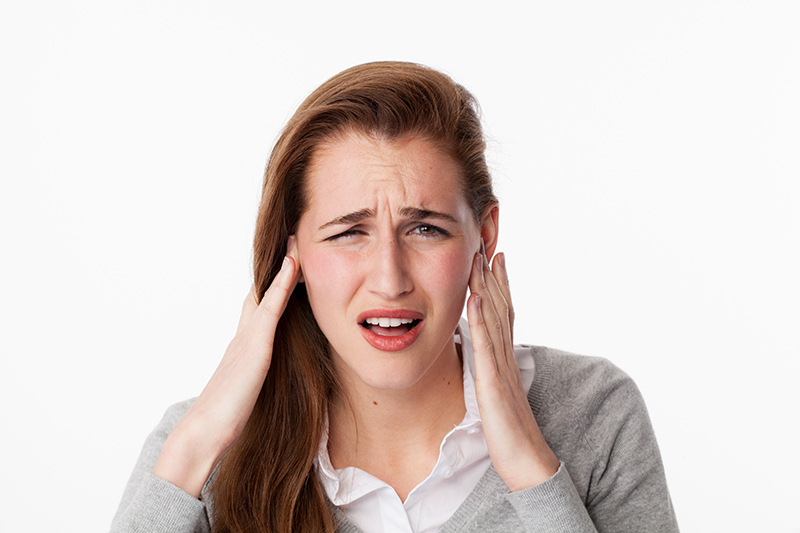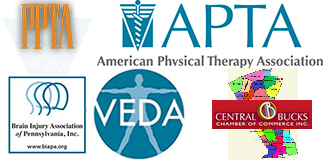In a vestibular clinic like WWSPT, complaints of Tinnitus or ringing in the ears is familiar with our patients. But in the general population of the US, only 9.6% of adults have experienced tinnitus in the past 12 months. Twenty-seven percent of these patients have had symptoms for 15 years, and one-third of those have persistent symptoms. Tinnitus can be related to patient’s exposure to loud noises at work or during leisure activities though there is not always an apparent cause. Only half of these patients discuss tinnitus with their primary physicians.

A recent paper published by the American Academy of Otolaryngology (AAO) reformulated guidelines in the treatment of tinnitus, it is acknowledged that most doctors prescribe medication including antidepressants, anticonvulsants, and intratympanic medicines even though this is against the new guidelines. The AAO guidelines do not recommend medication or supplement therapies due to lack of evidence for benefit. They do recommend hearing aids which can also include a tinnitus masker, a device that delivers sound therapy to mask the sounds for the patient. The other evidence-based recommendation is cognitive-based therapy since there is a high prevalence of depression, anxiety and sleep disorders associated with tinnitus, by addressing these comorbidities and exacerbating conditions we can improve the quality of life without specifically focusing on reducing tinnitus.
Most of us would like a simple” pill” as the first treatment for the ringing or buzz in the ears, but tinnitus is one example that appears to have evidence of better response to other therapies.

Leave a Reply